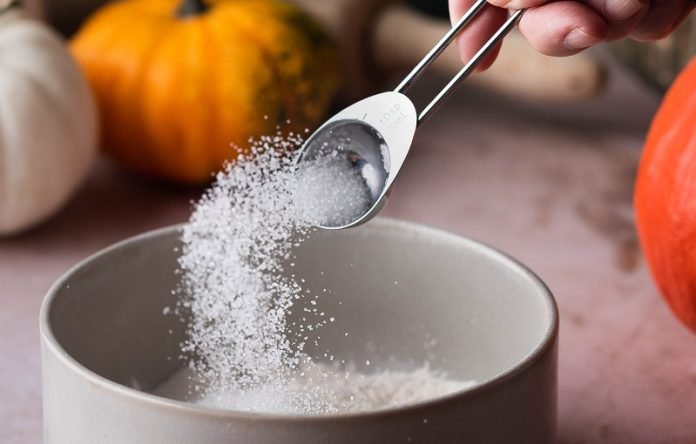
In a study from Creighton University, scientists found for people with heart failure, restricting dietary sodium intake to levels below the standard recommended maximum of about 2.3 grams per day does not bring benefits and may increase the risk of death.
Heart failure, in which the heart muscle becomes too weak or stiff to pump blood effectively, is a chronic condition affecting over 6 million adults in the U.S.
Doctors recommend a low-sodium diet to reduce blood pressure and avoid common symptoms such as fluid buildup and swelling.
However, previous studies have reported mixed results regarding the optimal maximum daily sodium intake for people with heart failure.
In the study, researchers analyzed data from 9 studies that assessed different levels of sodium restriction for people with heart failure. Together the studies enrolled nearly 3,500 heart failure patients in total.
The researchers found that patients following a diet with a sodium intake target below 2.5 grams per day were 80% more likely to die than those following a diet with a target of 2.5 grams per day or more.
The sodium limits varied from about 1.2-1.8 grams per day in the more restrictive study arms.
The analysis did not show a trend toward increased hospitalizations among patients following more restrictive diets.
The current findings showed that restricting dietary sodium to less than the usual recommendation was counterproductive in the management of heart failure.
This was in line with a recent study suggesting that restricting sodium more than what we do now doesn’t necessarily lead to better outcomes.
The U.S. Dietary Guidelines for Americans recommends that most adults limit dietary sodium intake to 2.3 grams per day or less, equivalent to about one teaspoon of table salt.
The average American consumes over 3.4 grams of sodium per day.
The team says limiting sodium is still the way to go to help manage heart failure, but the amount of restriction has been up for debate.
This study shows that the focus should be on establishing a safe level of sodium consumption instead of overly restricting sodium.
If you care about heart failure, please read studies about a big cause of heart failure, and common blood test could advance heart failure treatment.
For more information on heart health, please read studies that apple juice could benefit your heart health, and Vitamin K2 could help reduce heart disease risk.
The study was conducted by Anirudh Palicherla et al and presented at the American College of Cardiology’s Annual Scientific Session Together With the World Congress of Cardiology.
Copyright © 2023 Knowridge Science Report. All rights reserved.



